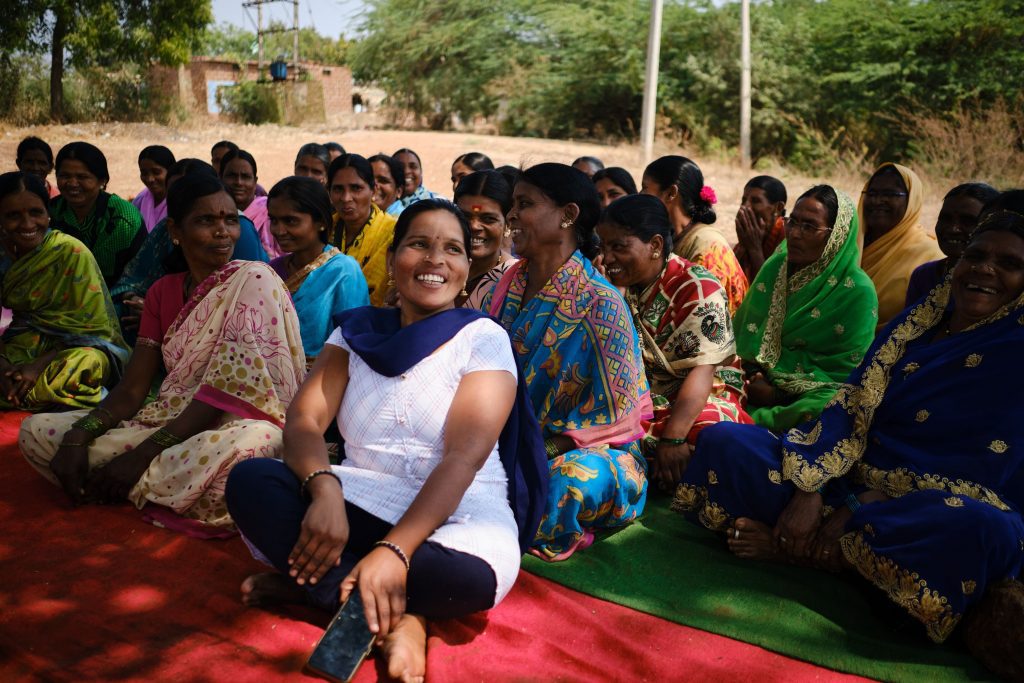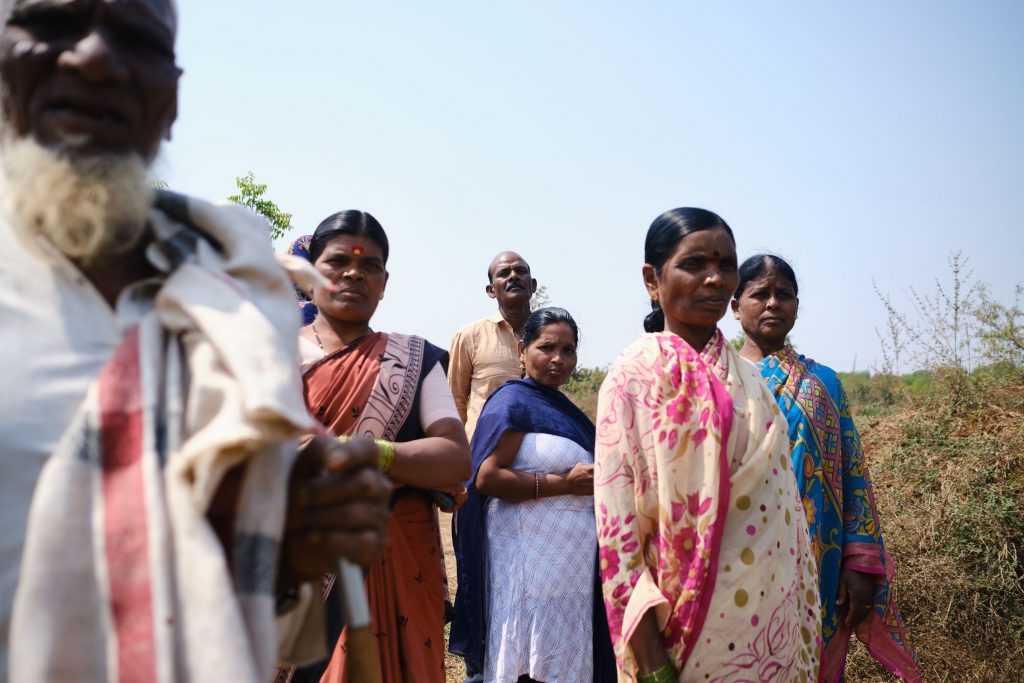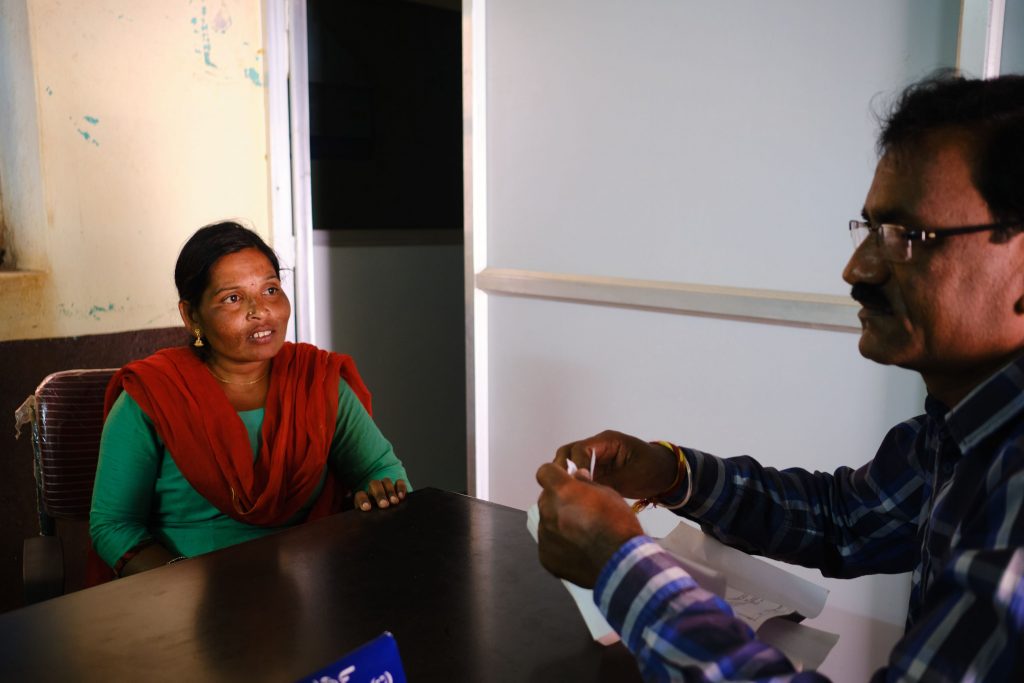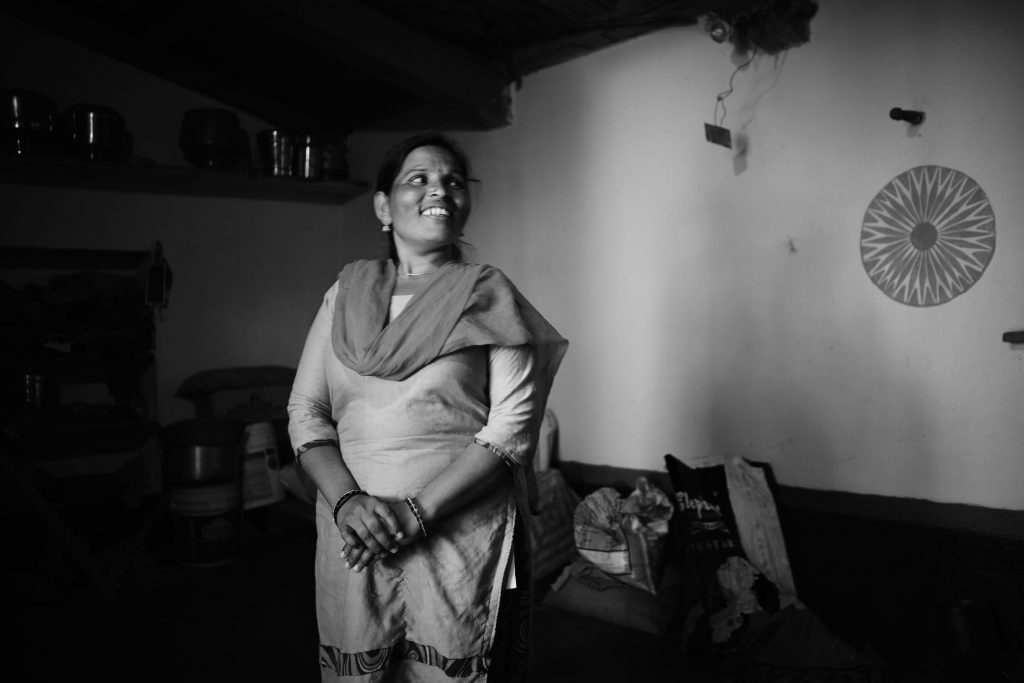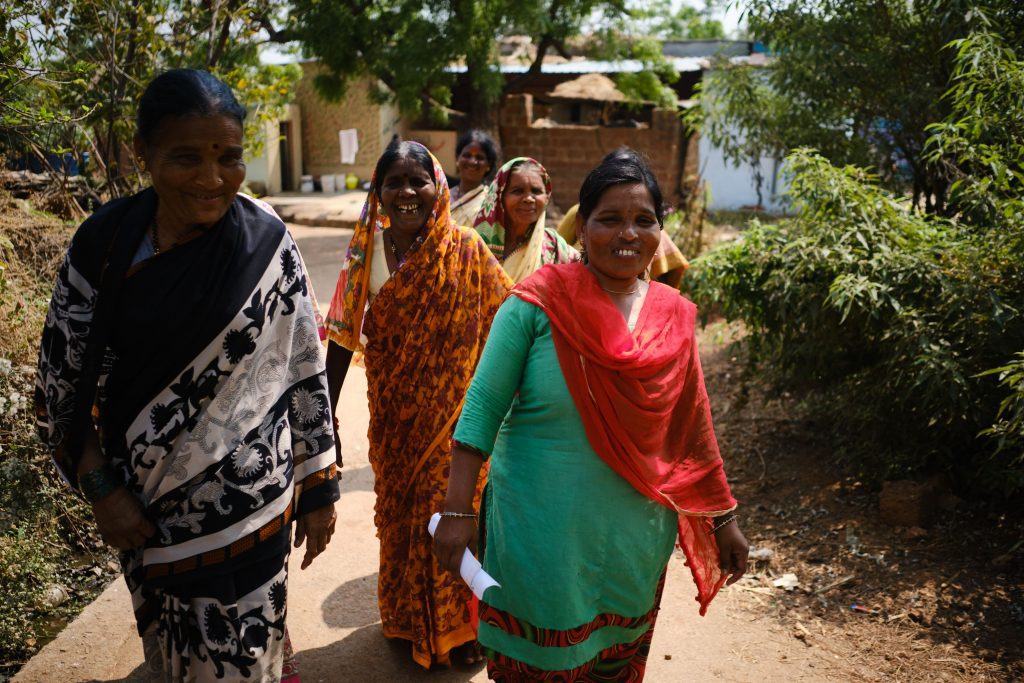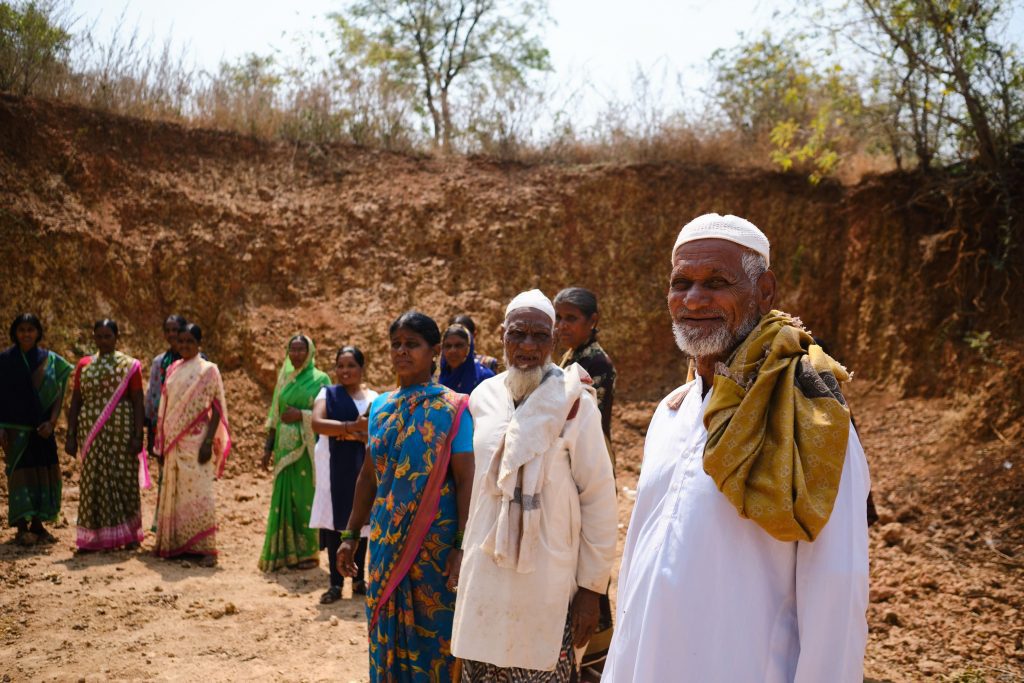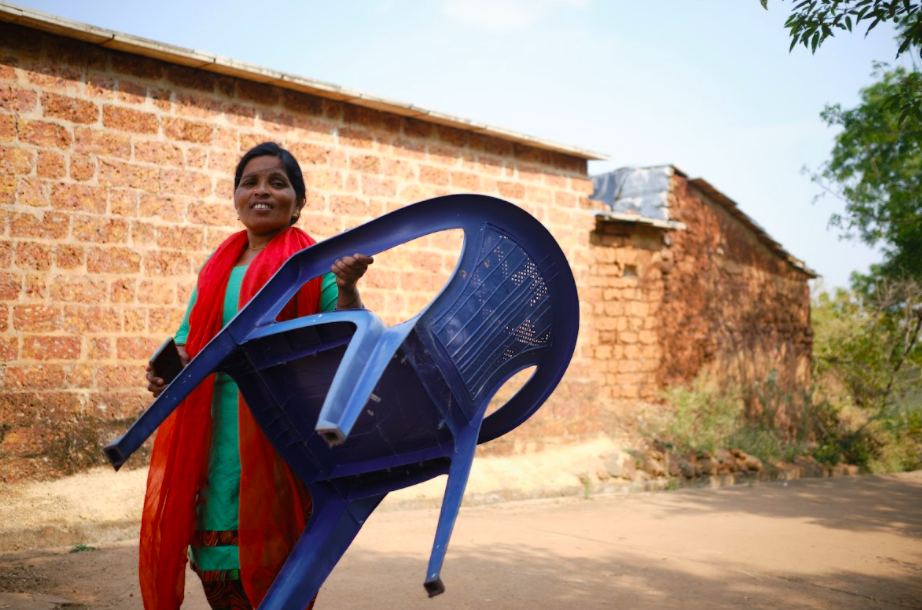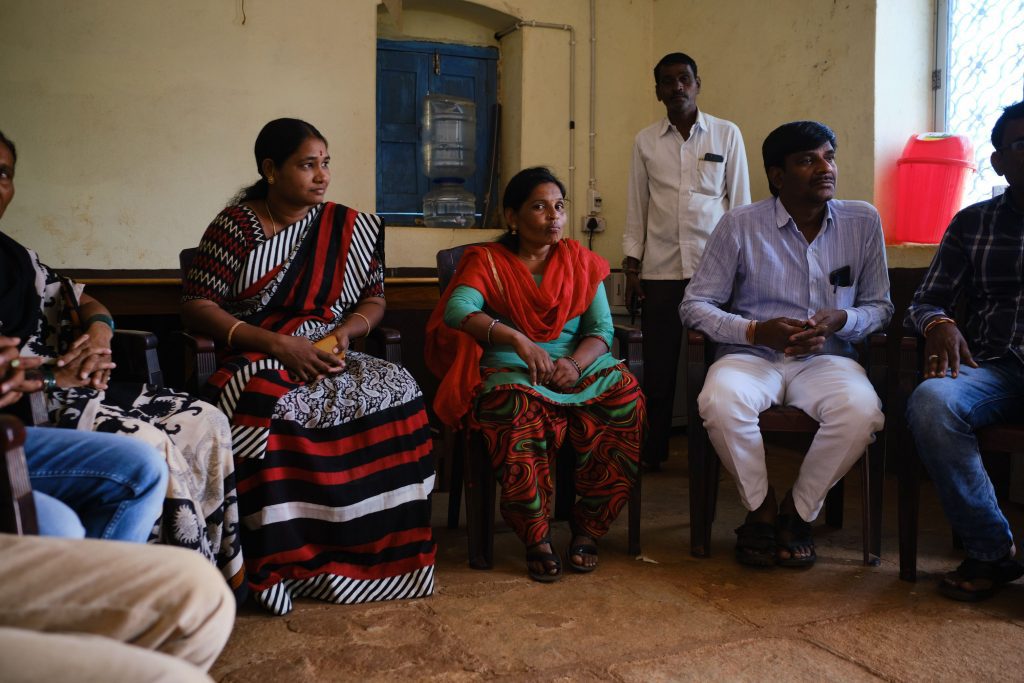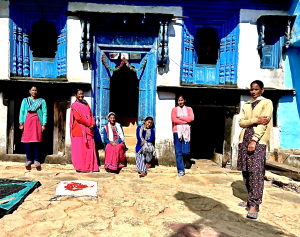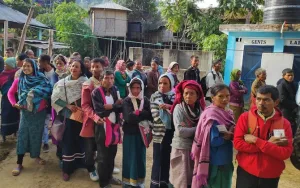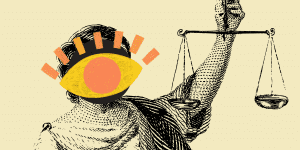[Readmelater]
“I will stand by them, fight for their rights”: One Dalit Woman Panchayat Leader’s Fight For Social Justice
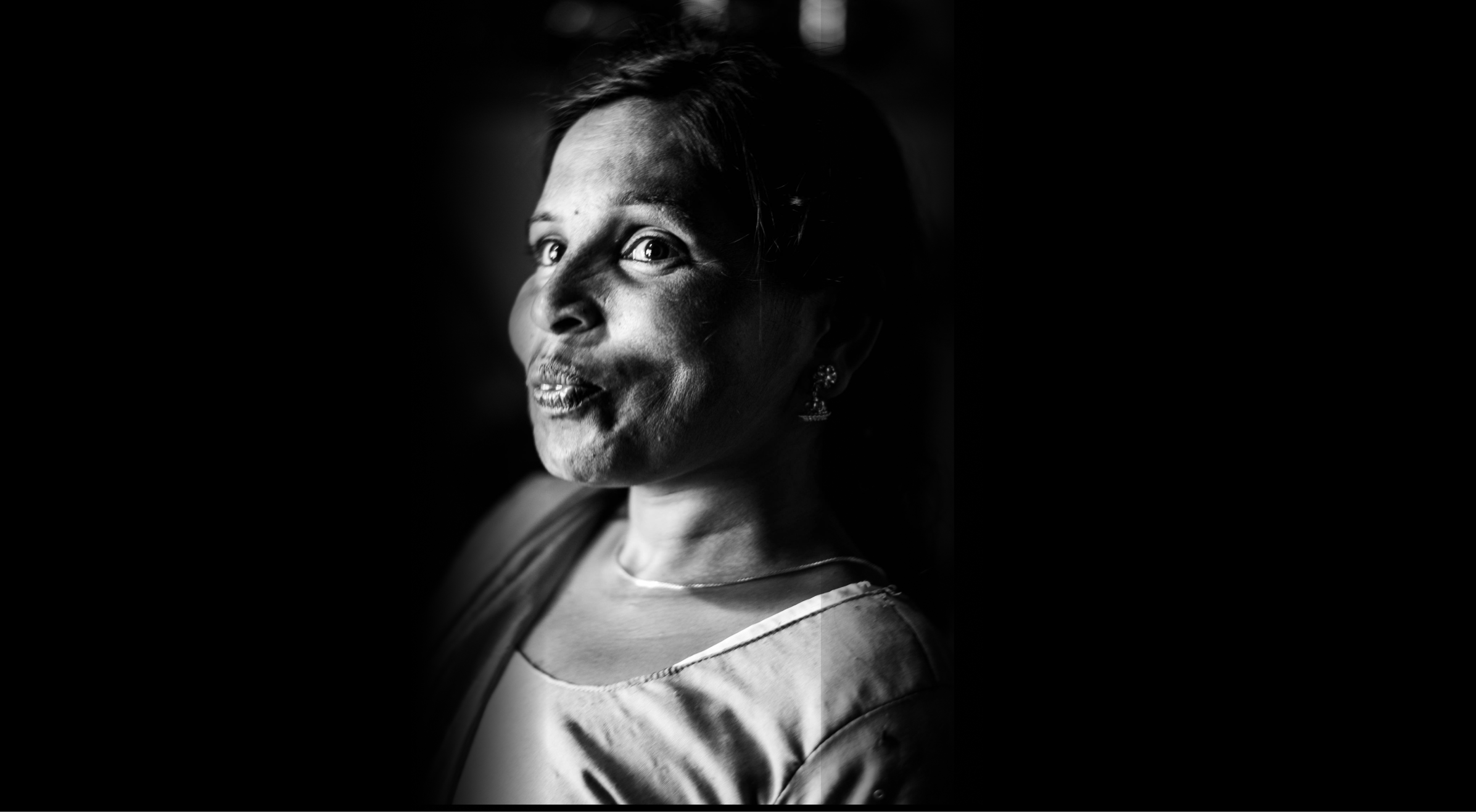
Lokamma, 30, Ward Member, Hokarna Village Council, Bidar District, Karnataka
Support BehanBox
We believe everyone deserves equal access to accurate news. Support from our readers enables us to keep our journalism open and free for everyone, all over the world.
